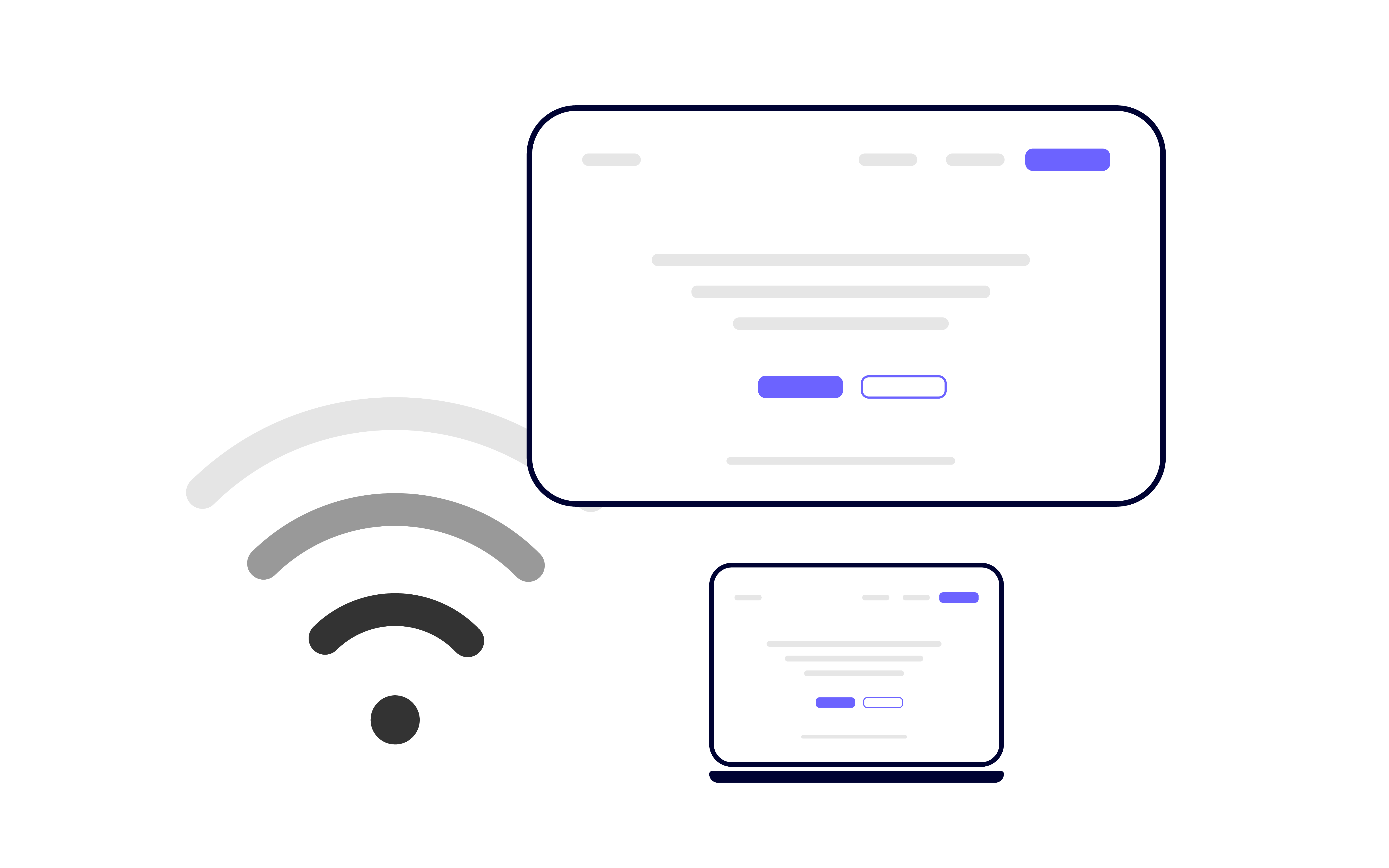Detailed Introduction to BYOD Function of Bijie Multimedia Collaboration System|BJCast
BYOD (Bring Your Own Device) refers to allowing members of a company or organization to use their own devices, such as computers, smartphones, or tablets, for work purposes, rather than mandating the use of devices provided by the company. The following is a detailed introduction to the BYOD and Bijie Multimedia Collaboration System BYOD functions:

BYOD Overview
-
Background: BYOD is an innovation of enterprise office mode caused by employees’ personal use habits. It benefits from the increasingly powerful computing power of intelligent terminals, the gradual improvement of touch experience, and the rapid popularization of mobile Internet. The emergence of BYOD marks the arrival of the era of personalized mobile office.
-
characteristic:
- Personalization: Employees can choose to use their own devices according to their preferences and needs, which improves job satisfaction.
- Mobility: Employees can access work files and applications through their own devices at any time and anywhere, improving work efficiency.
- Intelligence: The popularity of smart terminals has made BYOD possible and promoted the intelligent development of office models.
-
Advantages:
- Cost reduction: Enterprises no longer need to purchase and maintain equipment for their employees, reducing equipment procurement and hardware maintenance costs.
- Improving efficiency: Employees can handle work affairs anytime and anywhere, enhancing work efficiency and flexibility.
- Enhanced Collaboration: Employees can wirelessly cast and share screens through their own devices, enhancing the effectiveness of team collaboration and communication.
Introduction to BYOD Function of Bijie Multimedia Collaboration System
-
Wireless screen mirroring and screen sharing:
- Users can easily achieve wireless screen mirroring through their own devices such as smartphones, tablets, laptops, etc., and display content in real-time on the large screen.
- This feature simplifies the screen casting process, improves work efficiency, and makes content presentation and interactive communication more flexible.
-
Improve flexibility and efficiency:
- Improve flexibility and efficiency: BYOD functionality enables employees or users to customize settings and applications based on personal preferences, enhancing work flexibility and personalization.
- Employees can access work files and applications through their own devices at any time and any place, and display them in real-time on a large screen, further improving work efficiency.
-
Mature security strategy:
- BYOD solutions are usually based on mobile office platforms, which can widely access various intelligent terminals and ensure user access security through strong authentication methods.
- Bijie also provides secure SDKs and environments to ensure mobile office security and improve work efficiency.
-
Wide compatibility:
- The BYOD feature is compatible with various standard native protocols such as AirPlay, Miracast, WiDi, Googlecast, etc., without the need to download additional screen mirroring software.
- This broad compatibility enables devices of different brands and models to easily achieve screen mirroring functionality.
-
Application scenarios:
- The BYOD function is not only suitable for enterprise office scenarios, but also widely used in education fields such as smart classrooms. In conference rooms, training rooms, or educational settings, using the Bijie Enterprise WeChat screen casting solution can quickly project the content of mobile phones and computer screens onto the TV screen, making it convenient for team members to browse, discuss, or allow students to see teaching materials and presentation content in real time.
In summary, BYOD and its application in the Bijie multimedia collaboration system have brought many conveniences and advantages to both enterprises and individuals. With the continuous development of intelligent terminals and mobile Internet, BYOD will have a broader application prospect.